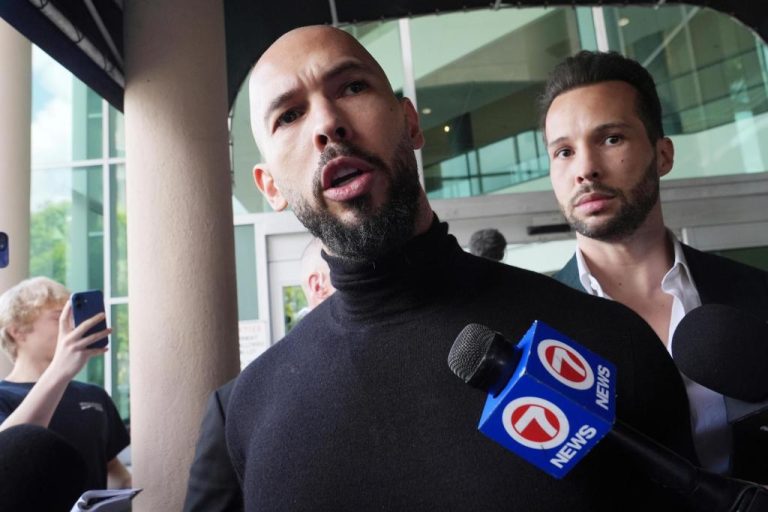

Two Escondido middle school teachers challenging their district’s policy barring them from telling parents their students are transgender must be allowed to return to the classroom for the first time in months, a San Diego County judge ruled this week.
Last April Rincon Middle teachers Elizabeth Mirabelli and Lori Ann West sued Escondido Union Elementary and the state Board of Education over a policy, based on state guidelines, that says school employees must not tell parents or others if their students are transgender or gender-questioning without the student’s consent.
Mirabelli and West, who identify themselves as Catholic and Christian respectively, said the policy forced them to go against their religious beliefs by “deceiving” parents about their children in a matter that could have implications for their health and well-being.
State officials including Attorney General Rob Bonta have said state anti-discrimination laws protect students’ privacy in these cases and that parents must not be notified without student consent, for it could endanger some students’ safety.
In September, federal Judge Robert Benitez temporarily blocked the school district from enforcing its transgender privacy policy while the litigation continues.
Benitez ruled in favor of the plaintiffs, saying the policy conflicts with a right he says parents have under the Fourteenth Amendment’s due process clause to raise and care for their children. He also agreed with the plaintiffs’ argument that the policy requires that the teachers violate their religious beliefs.
“It harms plaintiffs who are compelled to violate the parent’s rights by forcing plaintiffs to conceal information they feel is critical for the welfare of their students,” Benitez wrote.
When Benitez issued his September ruling, he prohibited Escondido from taking any adverse employment action against the teachers until a further court order. But the plaintiffs’ attorneys, Charles LiMandri and Paul Jonna, said the district has been preventing the teachers from returning to work safely, despite the September ruling.
Weeks after she filed the initial lawsuit last year, Mirabelli went on leave voluntarily after experiencing harassment from staff, her attorneys said.
Meanwhile the district has kept West on administrative leave since mid-May to investigate at least two complaints from students, including one about alleged discriminatory behavior that was filed two weeks after Benitez’ earlier ruling, according to emails from district attorneys that her lawyers cited in court filings. West’s attorneys have called the complaints “patently frivolous.”
By December the district still was keeping West from returning to work, in spite of her wishes to do so, attorneys said. Plaintiffs’ attorneys also asked the district for specific safety measures to protect Mirabelli from harassment upon her return to work, but they claimed the district did not offer any.
On Wednesday, Benitez ordered Escondido to return Mirabelli and West to the classroom Tuesday if they choose. He also denied their request for reimbursement of attorneys’ fees.
“Both sides are expected to work in good faith going forward to resolve this matter,” he said.
Escondido district officials did not respond to requests for comment.
Benitez’ September order contrasts with a recent ruling in a similar case that has garnered statewide attention. Attorney General Bonta had sued Chino Valley Unified in San Bernardino County last summer after it adopted a policy that requires school staff notify parents if a student asks to be called by a different name or pronouns.
In October a state judge ruled in favor of the state, blocking Chino Valley’s policy while the case plays out.
On Thursday Bonta issued an alert to all school districts, charter schools and county offices of education saying that such “forced disclosure” policies are illegal.
“Some districts’ policies require such disclosures even when revealing the student’s gender identity or gender nonconformity to their parents could put them at risk of physical, emotional, or psychological harm,” Bonta wrote.







